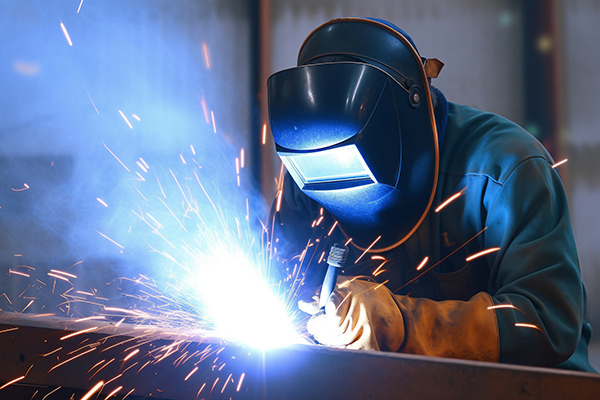Welding is a critical process in many industries, and choosing the right welder is crucial to ensuring quality and efficiency. With so many options on the market, it can be overwhelming to choose a product that suits your specific needs. In this article, we’ll guide you through the key factors to consider when choosing a welder, making your decision-making process easier and more informed.

1. Determine the Welding Process:
There are different welding processes such as MIG (Metal Inert Gas Welding), TIG (Tungsten Inert Gas Welding), Stick Welding and Flux Cored Wire Arc Welding. Each process has its advantages and limitations. Consider the type of materials you will be using and the specific welding processes required for your application. This will help you narrow down your options and choose the right welder.
2. Power Supply:
Welders come in different power options, including electric, natural gas, or both. The power source you choose will depend on availability in your workshop and the portability you require for your job. Electric welders are widely used because they are easier to set up and maintain. Gas-powered machines offer greater maneuverability but may require additional safety precautions.
3. Work Cycle:
Duty cycle refers to the amount of time a welder can run in a given period of time, usually measured in 10-minute cycles. It represents the ratio of welding time to cooling time. For example, a welder with a 30% duty cycle can weld for 3 minutes and then require 7 minutes to cool down. Consider the frequency and duration of the welding task to select a welder with the appropriate duty cycle.
4. Welding Machine Type:
There are various types of welding machines on the market depending on the welding process and power source. For example, MIG welders are suitable for welding metals such as steel, aluminum, and stainless steel. TIG welders are ideal for precision welding, typically on thinner materials. Stick welders are versatile and can be used on materials of various thicknesses. Choose the type of machine that best suits your welding requirements.
5. Current and Voltage:
Consider the optimal current and voltage range required for your welding application. Different welders offer different current and voltage settings. Higher amperage machines are suitable for thicker materials, while lower amperage machines are suitable for thinner metals. Make sure the welder you choose can provide the current and voltage output required for your specific welding needs.
6. Quality and Brand Reputation:
Investing in a reliable, well-known brand ensures the quality and durability of your welder. Conduct in-depth research on different brands, read customer reviews, and consult with experienced welders to glean insights on the performance and reliability of various welding machines.
7. Safety Features:
Welding is potentially dangerous and safety should be your top priority. Look for welders with built-in safety features such as thermal overload protection, short circuit protection, and voltage control. Additionally, consider the availability and compatibility of safety accessories such as welding helmets, gloves, and aprons to ensure a safe work environment.
By considering these key factors, you can make an informed decision when choosing a welder. Remember to prioritize your specific welding needs, research the options, and consult an expert if needed. Investing in the right welder will not only improve the quality of your work, but also increase the productivity and safety of your welding operation.
Post time: Sep-16-2023
